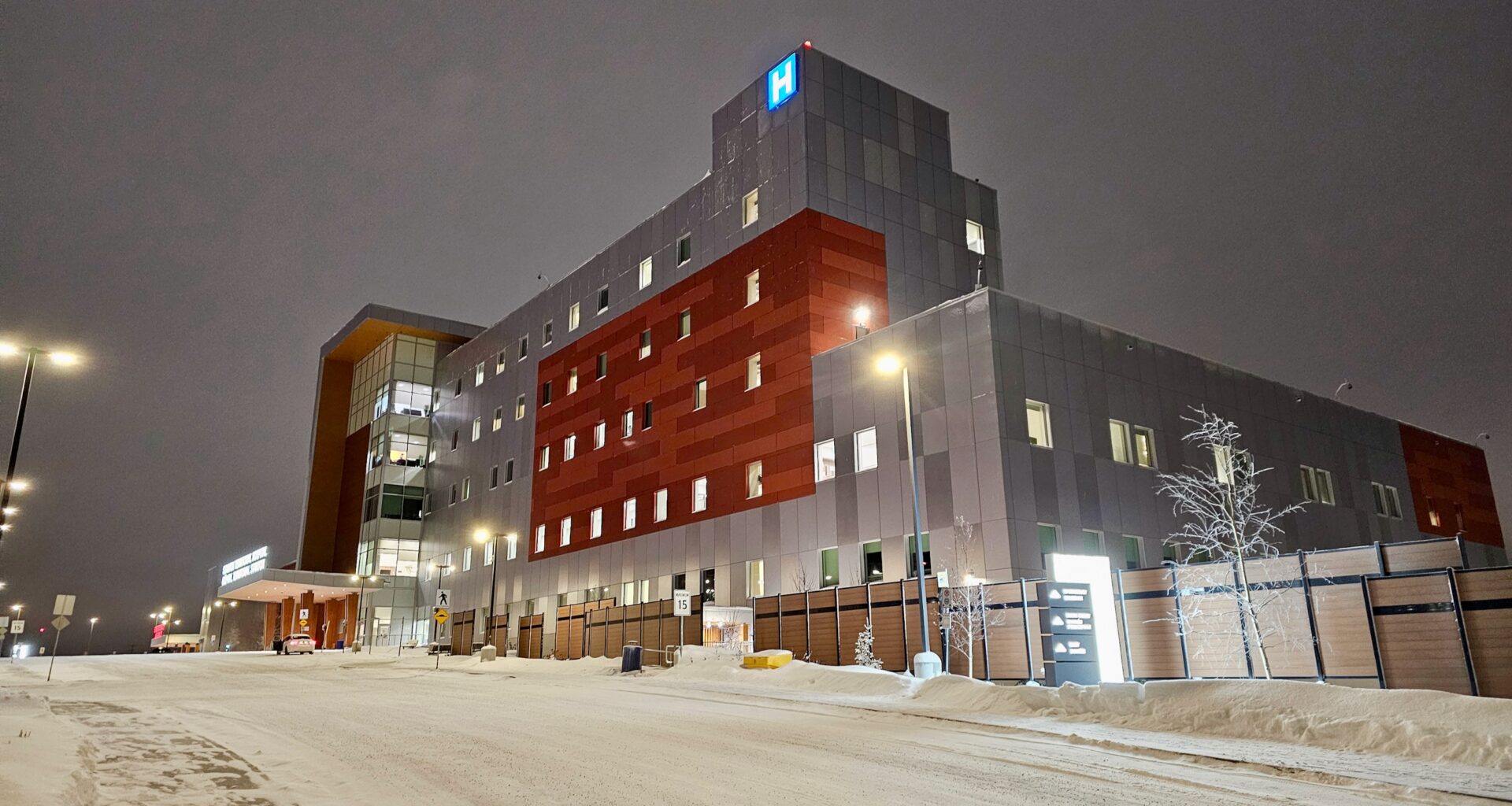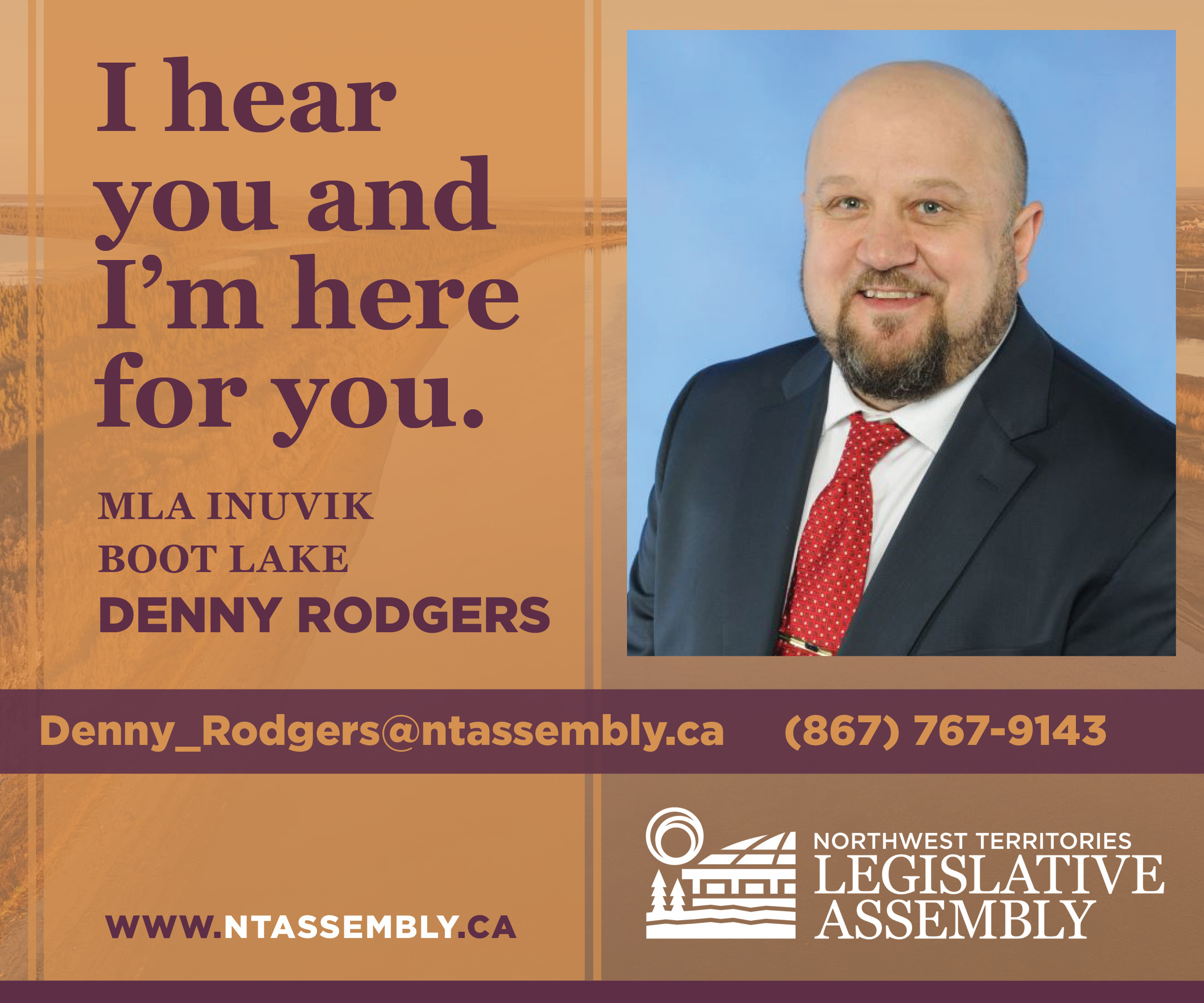The federal budget presented on Tuesday by finance minister François-Philippe Champagne promises a review of northern and Arctic healthcare.
Budget documents noted that access to healthcare in the North and Arctic is limited by insufficient infrastructure, a shortage of workers and limited hospital access outside urban centres.
As a result, the federal government said four ministers – of national defence, Indigenous services, northern affairs and Arctic affairs – will take on a “comprehensive assessment” of healthcare and infrastructure needs in the North.
“Many people must leave their communities to access specialized care or to give birth. These inequities are particularly persistent for Indigenous communities,” Tuesday’s budget documents stated.
“As a result, territorial governments face high costs to provide necessary care for their residents.”
The goal of the new assessment, the budget noted, would be to engage with communities on ways to improve access to healthcare and reduce the cost of medical travel.
The NWT government welcomed the review’s inclusion in the budget.
“I can trace that budget item back to a discussion that minister Wawzonek and I had in Ottawa,” said Premier RJ Simpson at a press conference on Tuesday, referring to cabinet colleague Caroline Wawzonek. “So I do feel that the federal government has been responsive.”
“We’ve had conversations with them about the amount of travel that someone has to do to access basic services. Whether that’s travelling from Sachs Harbour to Yellowknife and then to Edmonton, or even just from Hay River to Yellowknife, it still takes time and it’s still difficult for people with serious issues,” the premier said.
“The reason they’re interested in that is because of medical travel. They are responsible for the cost of medical travel for Indigenous people through Non-Insured Health Benefits, as well as their own employees, and they’ve come to finally recognize that medical travel is expensive, and it’s going to be cheaper for them to bring services closer to home into communities than it is to send thousands and tens of thousands of people across the country, year after year.”
Any federal review that brings down the territory’s share of medical travel costs could ultimately free up money for other programs, Simpson added.
Defence spending could help
At his own press conference on Tuesday, Champagne said some of the $81.8 billion earmarked for defence spending over the next five years could serve a dual purpose for military and civilians alike. He used the proposed healthcare assessment as an example.
If Ottawa plans a military base in a community, he said, “should we not look at how there could be a clinic as well to serve the local community?”
“I think my point is that the defence investment is more than just hardware and software.”
No further details regarding the healthcare assessment were available on Tuesday. Whether it would be backed up by significant funding to act on the assessment’s findings was not clear. (Healthcare is ordinarily a territorial responsibility. In the NWT, health accounts for about a third of the territory’s annual operating budget.)
Separately, the budget included $5 billion over three years for a nationwide Health Infrastructure Fund to bolster existing healthcare cash provided to provinces and territories.
That fund could be used toward infrastructure for hospitals, emergency rooms, urgent care centres and medical schools.
More: Federal budget includes significant promises for the North
The Liberal minority government’s budget will need the help of at least one other political party to pass. A vote is expected on November 17.
Should the budget be voted down, a new federal election would be triggered.
Ollie Williams contributed reporting.
Related Articles







